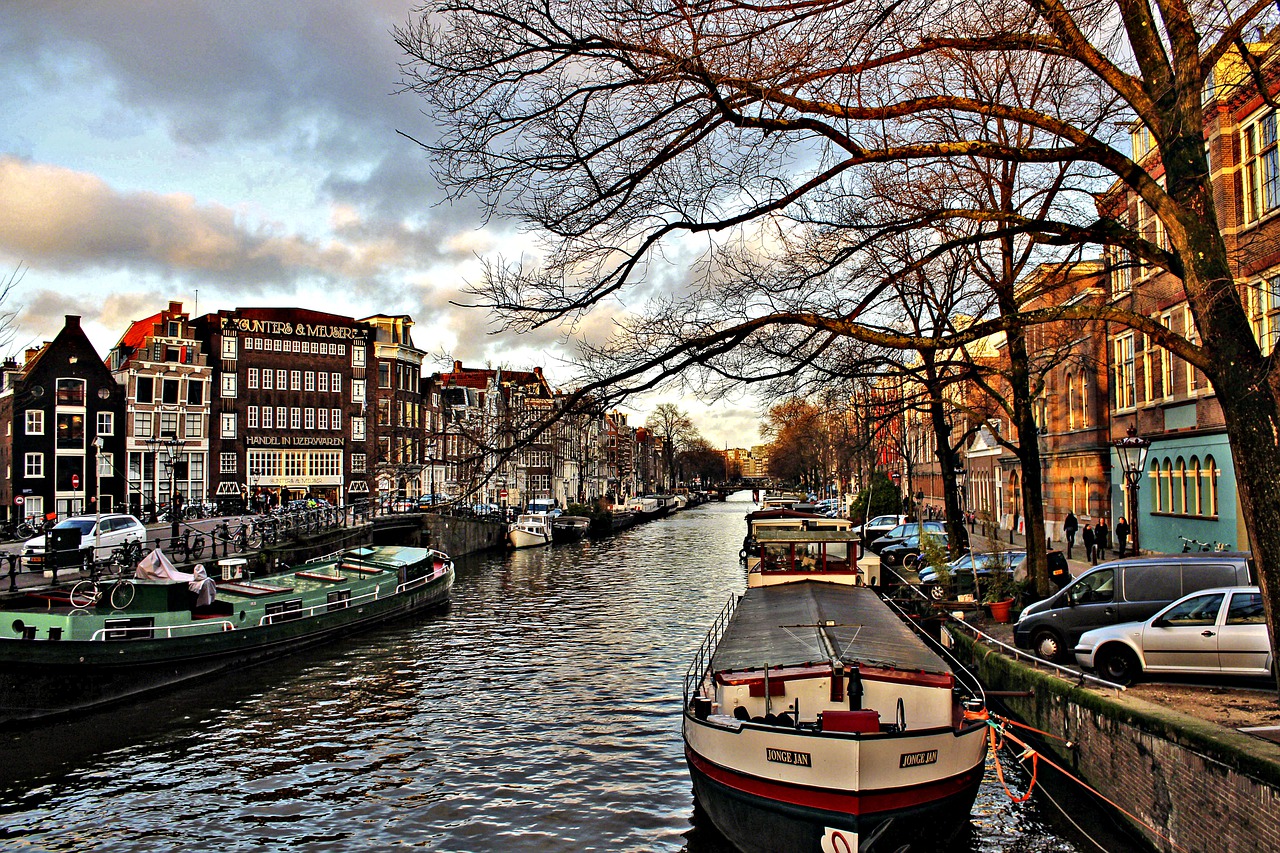Transformative Travel: Seeking Personal Growth Through Cultural Immersion
Transformative travel involves immersing oneself in a different culture or environment with the intention of expanding perspectives, fostering personal growth, and gaining new insights. It goes beyond mere sightseeing and tourist experiences, emphasizing a deep engagement with local customs, traditions, and people. Through interactions with unfamiliar surroundings, transformative travelers seek to challenge their own beliefs and values, leading to a profound shift in their worldview.
This type of travel often encourages individuals to step out of their comfort zones, embrace uncertainty, and confront challenges head-on. By experiencing the world through a different lens, travelers are able to reflect on their own identities, prejudices, and privileges, fostering empathy, understanding, and appreciation for diversity. Transformative travel can be a powerful catalyst for self-discovery and empowerment, inspiring individuals to make meaningful changes in their lives upon returning home.
Benefits of Cultural Immersion
Engaging in cultural immersion provides individuals with the opportunity to develop a deeper understanding and appreciation for diverse customs, traditions, and perspectives. By actively participating in local activities, trying regional cuisine, and interacting with community members, travelers can gain new insights that challenge their preconceived notions and broaden their worldview.
Furthermore, cultural immersion fosters empathy and connection, allowing individuals to form authentic relationships with people from different backgrounds. This authentic exchange of ideas and experiences promotes mutual respect and understanding, breaking down barriers and bridging cultural divides. Through these meaningful interactions, travelers not only enrich their own lives but also contribute to the promotion of global harmony and unity.
Challenges of Cultural Immersion
Adjusting to new cultural norms and practices can be a daunting task for many travelers. The language barrier, unfamiliar social customs, and different food options can create a sense of isolation and disorientation. Moreover, navigating through complex transportation systems and unfamiliar streets can be overwhelming, leading to feelings of frustration and homesickness.
Cultural immersion may also present challenges in terms of dealing with stereotypes and prejudice. As a foreigner, one may encounter bias or discrimination based on their nationality, race, or appearance. Overcoming such obstacles can be emotionally taxing and may require a high level of resilience and patience.





